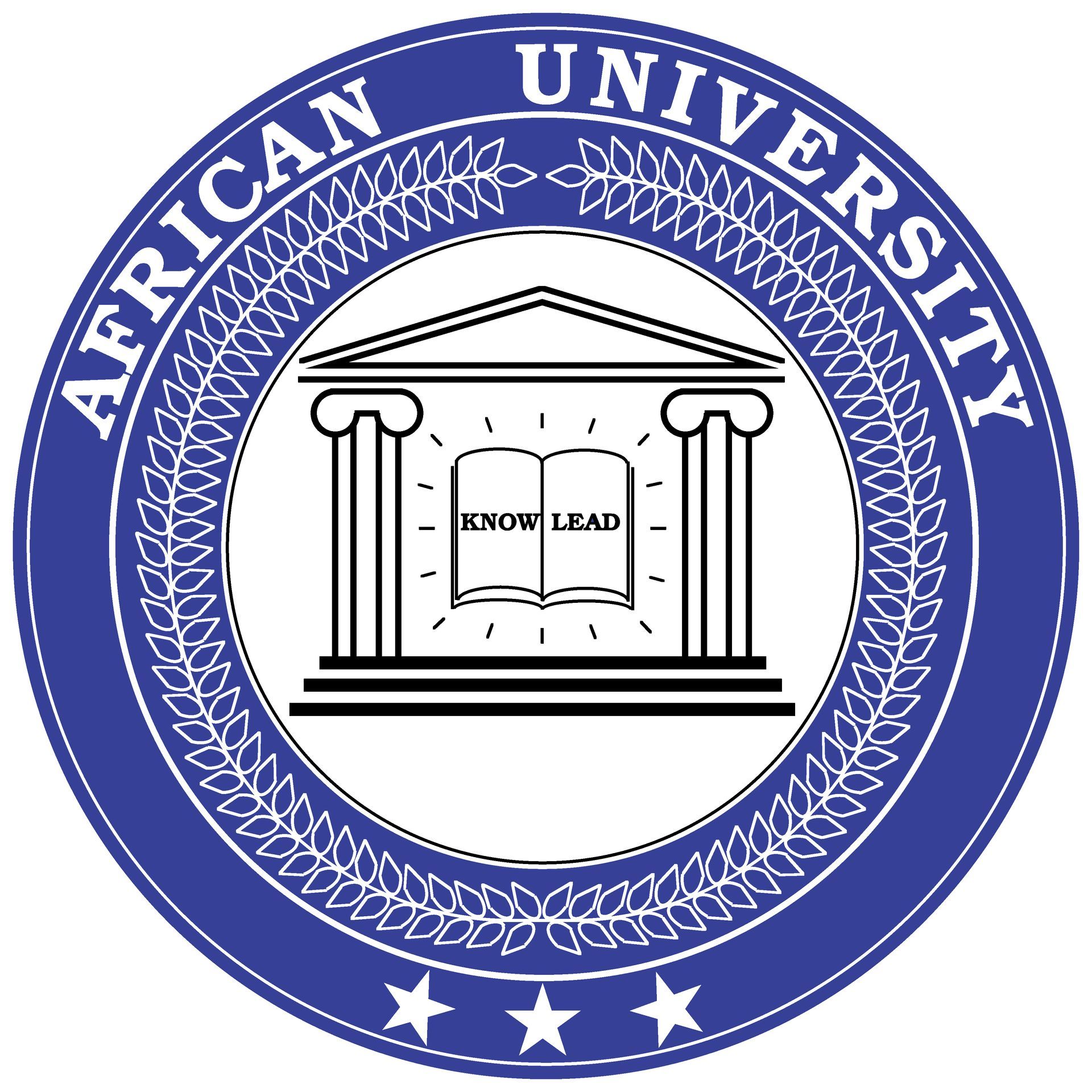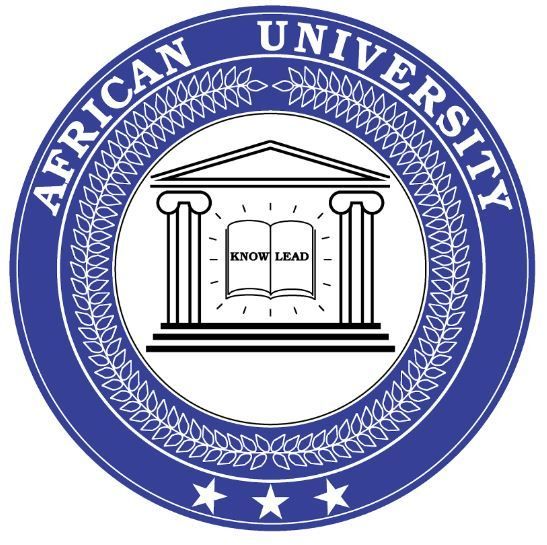Baseline Study of the Tali Area Community
The general lack of tangible, broad and and replicable contributions of Sub-Saharan African universities to the quality of life in the region has raised questions about their relevance as vehicles of development. The African University initiative is conceived and proposed as a unique entrepreneurial university education model for Sub-Saharan Africa. Its efforts in teaching and scholarship will be contextualized to meeting the needs and solving societal problems. African University will facilitate the training of a new generation of African leaders who are equipped with the competencies, mindset, and vision to aptly confront and respond to the serious yet fundamental challenges facing the region. and in the process serve as agents of socio-economic change. It is this strong emphasis on community development that influenced the decision to strategically align the implementation of the African University academic plan with development plan for the Tali Area Community.



